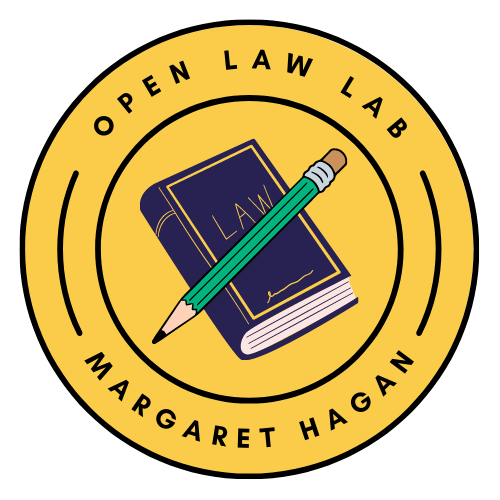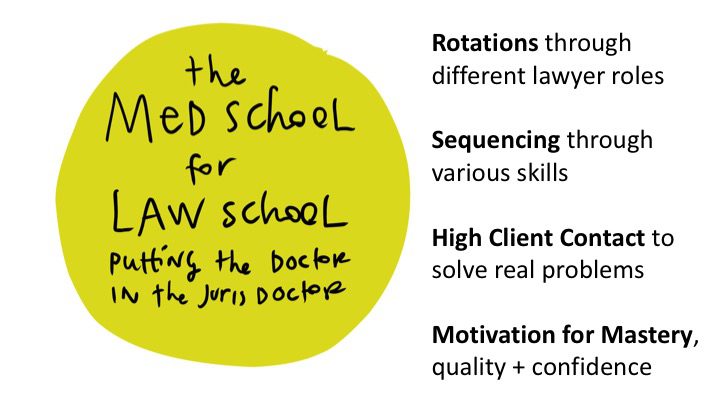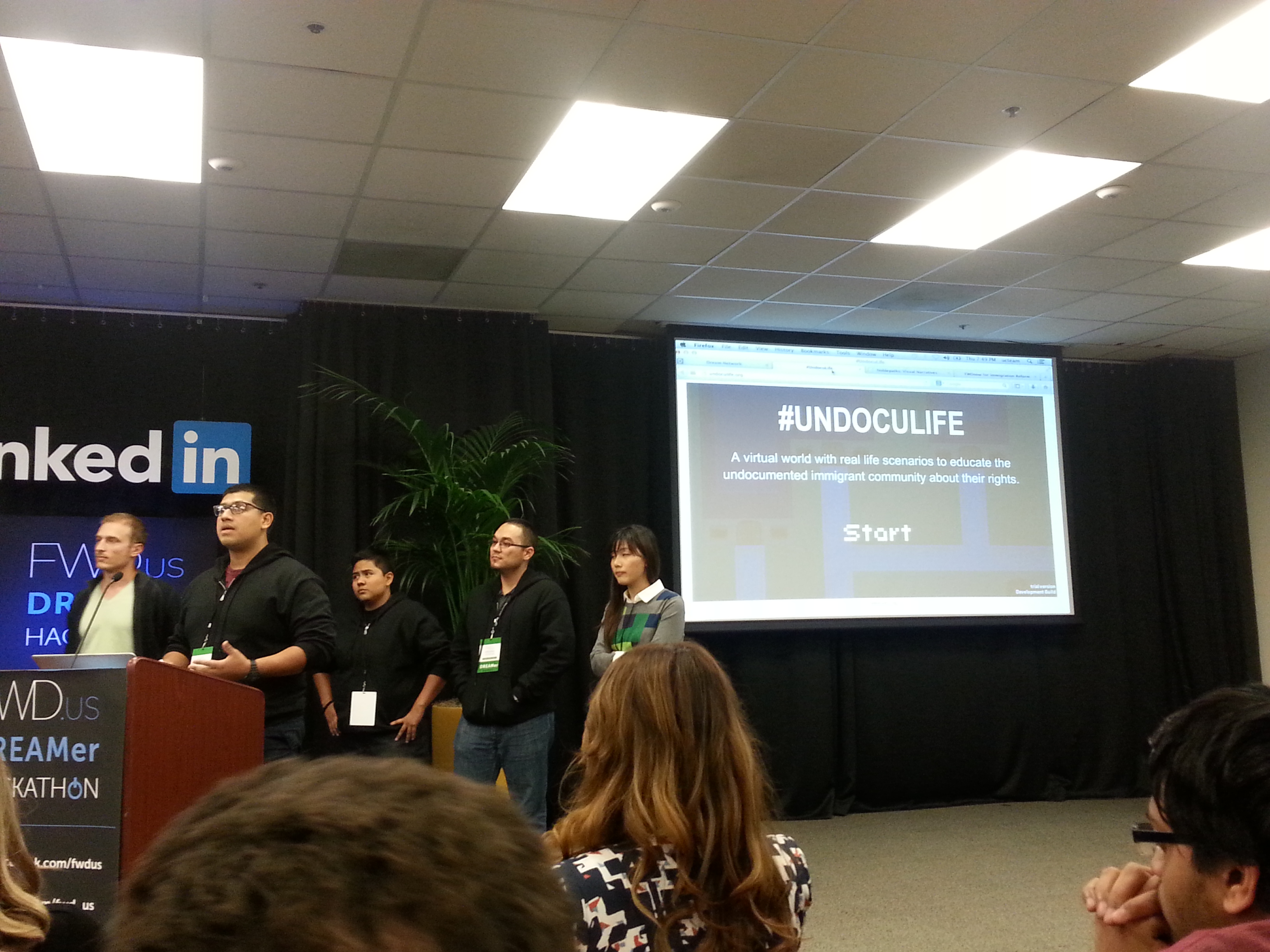This past weekend, I spent two very gloriously sunny days in Santa Barbara’s College of Law, in windowless rooms, planning what a better way to educate future lawyers might look like.
The event was hosted by Santa Barbara College of Law, which is a small, ‘opportunity’ school that has a small class of night students, taught mainly by adjunct faculty, who are trying to get their JD, pass the Bar, and make a successful career for themselves.
The leadership of the College of Law brought together all kinds of professors, thinkers, administrators, teachers, students, and deans to think through what a better way to educate future lawyers might look like. They are open to new concepts involving tech, distance learning, practical experience, games, and beyond.
We worked like in a hackathon, with small mixed teams working to define requirements, propose new models, play and test them, and then finally pitch them to some key stakeholders — making the case for how the JD could be taught better.
My team’s proposal was for a Med School model for the Law School (putting the doctor back in the juris doctor). Here is a peek at our slides. Thank you to my team for a great collaboration. 
Here is our working board of what this would look like. It may look scary, but do not be scared. 
Here is a cleaned up chart of that sketchy whiteboarded plan.
The main things:
- A Bootcamp Preventing 1L Into-the-Deep-end Breakdown. We add more screening before law school to get students crucial help with logic, tech and writing before they come. We also recommend that recent grads lead sessions that give a bird’s eye view of the first year’s topics and how they fit into ‘life after law school’. Students should also be introduced to practicing lawyers in many different fields, and see them in practice.
- 1L as Foundational Topics, but with more testing and feedback. The first year is all about the foundations of the legal system — those core topics that a lawyer should know to be competent in a general array of laws. We recommend more assessment checks throughout the quarter, with series of hypos, feedback, hypos, feedback, etc. (rather than a single test at the end).
- Bar Exam’s MBE after 1L. We ask that the Bar Exam (or at least the MBE) move up to immediately after 1L year. If you don’t pass, you can leave Law School with a ‘masters’ or other preliminary degree — if you do, then you can continue on to the rest of law school.
- No Grades. We also recommend the removal of class ranks, and changing to a Pass – Conditional Pass – Fail system to prevent students’ discouragement and lack of motivation. They encourage the wrong type of culture, and they give false heuristics to employers about who will actually thrive as lawyers.
- Rotations for 2L and 3L. In 2L and 3L years, then the courses transform from topic-specific to practice-focused. The students rotate through Law-in-Practice courses, in which they spend a semester as a Family Law Lawyer, an Employment Law Lawyer, a Wills and Estates Lawyer, a Tax Lawyer, and an Entrepreneurial Lawyer. In these courses, they get a quick prep on the legal essentials and then go through crafted simulations for the rest of the semester.
Each of these rotations will help expose the student to what practice will actually be, and build up their skills and knowledge in applied ways. They will have maximum client contact, and exposure to actual practice. Instead of one clinical experience in an idealized setting at the law school, students will have a series of rotations and in the role of an actual practicing attorney.
These rotations can be supplemented with some classes that can’t be taught through practice — like AI and law, constitutional law, etc. But the majority of education for the two years is in rotations.
Another major theme was investment in Character and Leadership. In our ideal school, we would offer a full-school program that trains students in real ethics cases, that show the challenges of being a lawyer, the ways that the career can go off the rails, and that affirms commitment to public service. We need to do better in training lawyers that can manage their identity as lawyers, that can deal with ethical and professional challenges, and that act as leaders (especially with the access to justice crisis in which we are mired).









